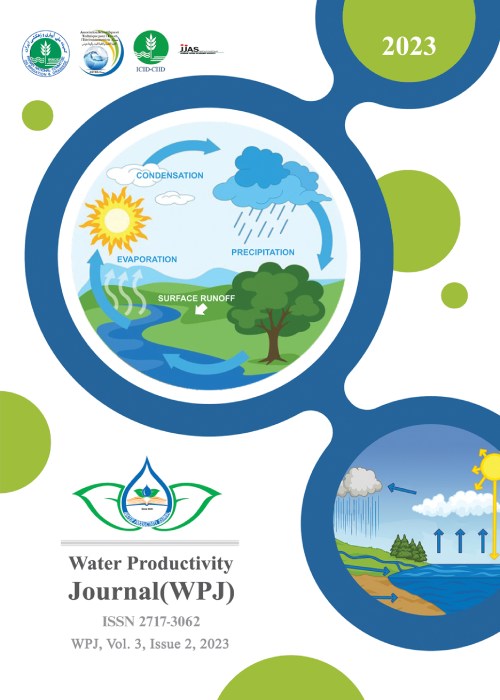Climate Change and Integrated Water Resources Management to Prevent Water Disputes in Africa
The water resources in Africa is very sensitive to climate changes and climate variability. Over 95 percent of Africa’s agriculture is rain-fed and rural populations depend on agriculture and other natural resources for their livelihoods, and their crops are sensitive to the small changes in temperature and rainfall regimes. Climate change is expected to alter not only the hydrological cycle, temperature balance, and the rainfall patterns across Africa but also has the potential to add to existing pressure on basin biodiversity, basin biological and water productivity. Africa has experienced at least one major drought each decade over the past 30 years. Climatologists have underlined the high year-to-year inconstancy of precipitation sums and the related dry season time frames and warmth waves. It is expected that worldwide there will be a 40 percent increase in demand for water by 2030. Major concerns for the water sector in Africa include the limited access to water, including groundwater, and limited governance capacity. Excessive pumping of shallow aquifers in Africa may bring about saltwater intrusion only as contamination of groundwater, lakes, and decrease in hydropower vitality as an immediate outcome to climatic changes and may prompts genuine water disputes. Water management is a pressing challenge, which, if not improved now, could see its problems greatly exacerbated in a future, warmer climate.
- حق عضویت دریافتی صرف حمایت از نشریات عضو و نگهداری، تکمیل و توسعه مگیران میشود.
- پرداخت حق اشتراک و دانلود مقالات اجازه بازنشر آن در سایر رسانههای چاپی و دیجیتال را به کاربر نمیدهد.


